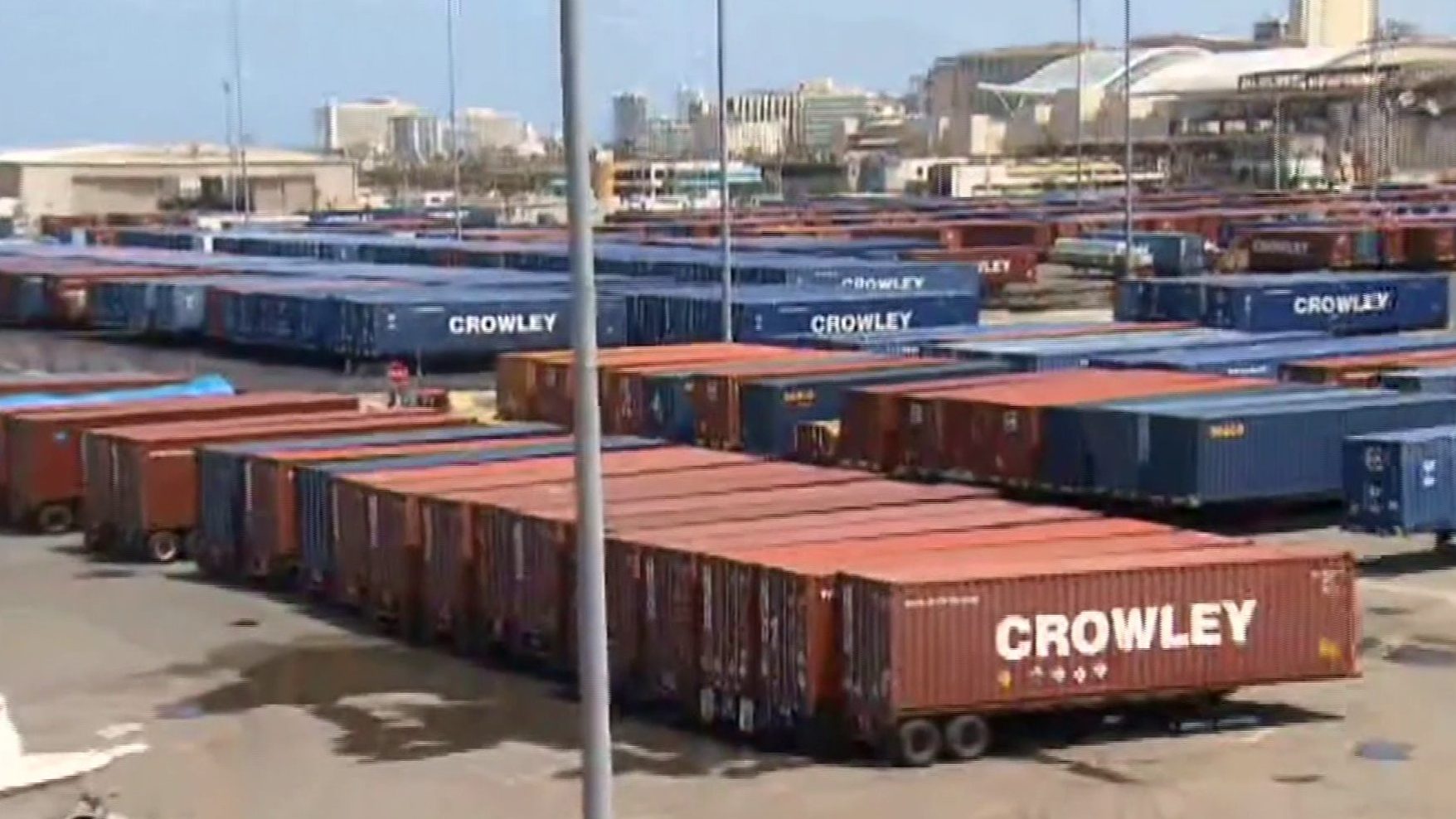
How the Jones Act Affects Puerto Rico
The Jones Act, also known as the Merchant Marine Act of 1920, is a federal law that regulates shipping between U.S. ports and requires that all vessels transporting goods between U.S. ports be built, owned, and operated by U.S. citizens. The law was enacted in response to concerns about national security and the preservation of the U.S. merchant marine, but it has had significant negative economic impacts on Puerto Rico and other U.S. territories.
One of the main ways that the Jones Act has impacted Puerto Rico is by making it more expensive to transport goods to and from the island. Because the law requires that all vessels transporting goods between U.S. ports be U.S.-flagged, it has effectively created a monopoly for U.S. shipping companies, which can charge higher prices for their services. This has led to higher costs for goods and services in Puerto Rico, which has had a negative impact on the island’s economy.

The Jones Act has also had negative impacts on Puerto Rico’s agriculture and manufacturing sectors. Because the island is not able to produce all of the goods it consumes, it must import many items from the U.S. mainland and other countries. However, the high cost of shipping under the Jones Act has made it more expensive for Puerto Rico to import goods, which has hurt the competitiveness of local industries.
In addition to these economic impacts, the Jones Act has also had social and political consequences for Puerto Rico. The high cost of living on the island has contributed to a mass migration of Puerto Ricans to the U.S. mainland, which has had significant social and cultural impacts on the island. Additionally, the Jones Act has been a source of tension between Puerto Rico and the U.S. government, as many on the island believe that the law has been used to exploit the territory for the benefit of U.S. interests.
Given the negative impacts of the Jones Act on Puerto Rico, there have been calls for the law to be reformed or replaced. One alternative to the Jones Act that has been proposed is the use of cabotage laws, which allow for the transport of goods between two points within a country by foreign-flagged vessels. This would allow Puerto Rico to access a wider range of shipping options and potentially lower shipping costs.
Another option that has been proposed is the creation of a free trade zone in Puerto Rico, which would allow the island to trade freely with other countries and potentially stimulate economic growth. This option would require the support of the U.S, through a legislative act, which seems quite unlikely in the current political climate.
There have been a number of efforts to reform or repeal the Jones Act in recent years, due to its negative impact on Puerto Rico and other U.S. territories. One alternative to the Jones Act that has been proposed is to allow foreign-owned vessels to transport goods between U.S. ports. This would reduce the cost of shipping and make it easier for Puerto Rico to compete with other Caribbean destinations.
Another option that has been proposed is to exempt Puerto Rico from the Jones Act altogether. This would allow the island to trade freely with other countries and make it easier for it to attract foreign investment.
Ultimately, the Jones Act has had a number of negative economic effects on Puerto Rico, and there are a number of alternative options that could help to address these issues. Whether through reform or repeal, it is clear that the Jones Act has had a significant impact on the island’s economy and that changes are needed to ensure its long-term prosperity.
Read more about the need to alter and reform the Jones Act on the Grassroots Institute website: More studies show Jones Act harmful to Puerto Rico | Grassroot Institute of Hawaii









